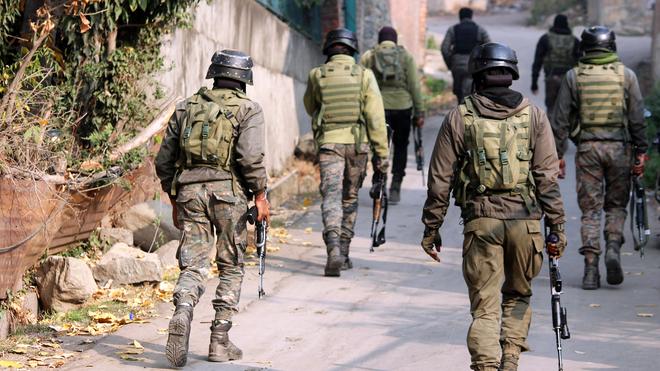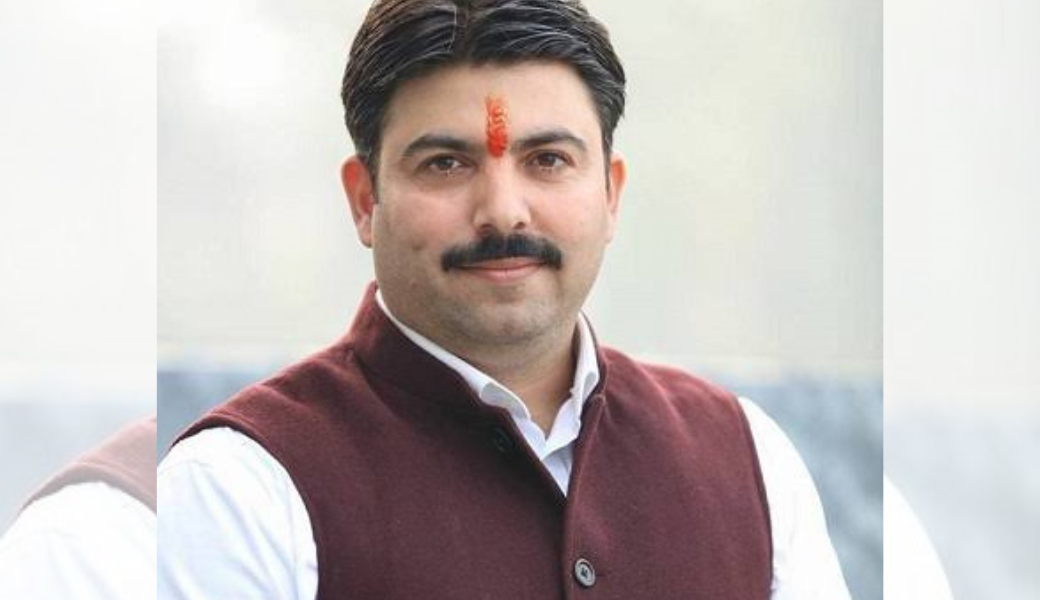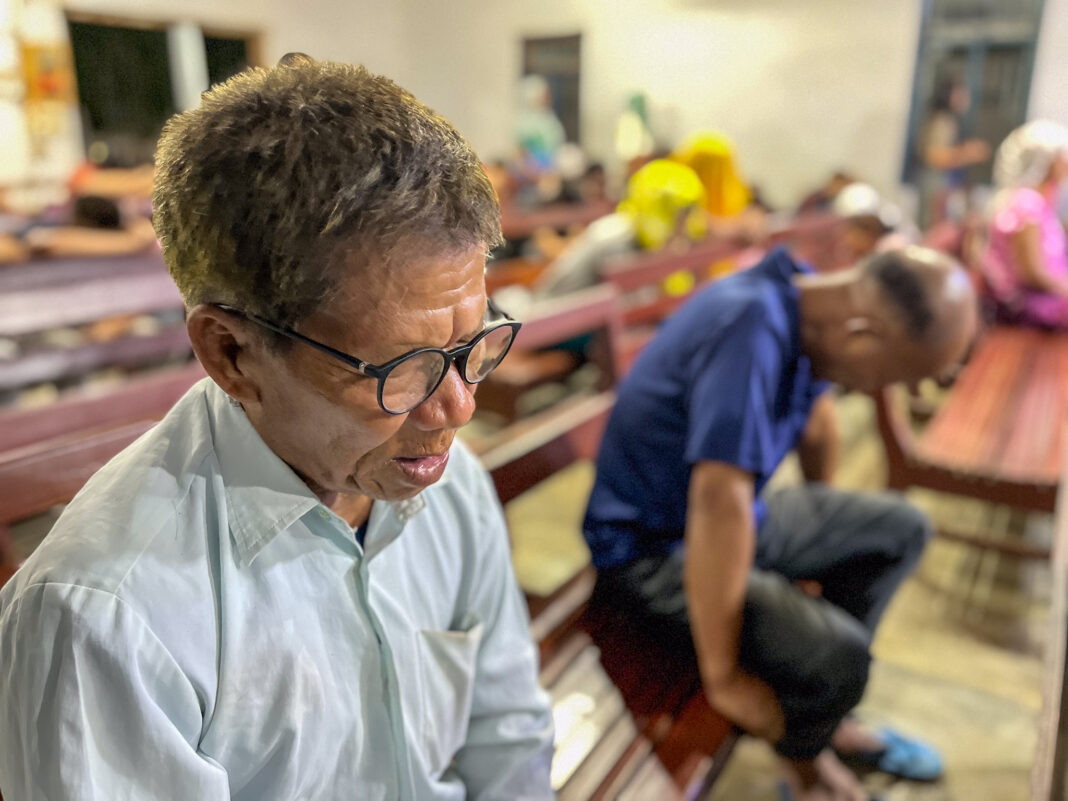
The outcome of the plea filed by slain journalist Gauri Lankesh’s sister, challenging the dropping of charges under the Karnataka Control of Organized Crime Act 2000 (KCOCA) against one of the accused in the murder case, holds the key to the future of the murder investigation, say police officers and lawyers in the know of the developments.
The Supreme Court on Tuesday issued a notice to the Karnataka government and state police on a plea filed by Kavitha Lankesh. Kavitha Lankesh, a filmmaker, had approached the top court for staying the Karnataka high court order of April 22, 2021, which had quashed the charges under KCOCA against Mohan Nayak, one of the accused men on trial for Gauri Lankesh’s murder.
KCOCA is a law enacted by Karnataka in India since 2000 to combat organised crime and terrorism. The Act was modelled on the Maharashtra Control of Organised Crime Act, 1999 (MCOCA).
According to police, if the charges of KCOCA are dropped against Nayak, it could set a precedence for the charges to be dropped against other accused in the case as well. “We, in our charge sheet, have provided evidence to suggest that a considerable amount of planning has gone into the murder. This clearly amounts to the conspiracy and murder being an organised crime. We will wait for the Supreme Court decision,” said a senior SIT official.
A senior home department official, who was aware of the developments, said that the SIT had approached the government to file an appeal against the Karnataka high court decision, however, the government didn’t act on it. The home minister didn’t respond to HT’s call for a comment regarding this allegation.
As per the charge sheet, Mohan Nayak is accused of providing accommodation for the killers on the outskirts of Bengaluru. He was arrested on July 19, 2018. Nayak was arrested after the main suspects in the case, including the shooter and the mastermind of the crime, were taken into custody.
During the interrogation, Parashuram Waghmare, who pulled the trigger, told the investigators that three others and he were living in an acupuncture centre in Kumbalagodu on the outskirts of Bengaluru, before the murder; however, he didn’t know who provided the house.
According to SIT officials, they found a vital clue in the diaries kept by Amok Kale, the alleged mastermind of the murder. They found a number from Kumbalagodu and found “MN Sampa”, written against it.
When the cops checked the call details of the phone number, they found two Bengaluru numbers. These numbers belonged to two real estate agents, and one of them told the SIT he had rented out this house to a man to run an acupuncture centre.
However, the real estate agents couldn’t identify the person. Since the number was last active in Sampaje in Kodagu, police realised that Sampa stood for Sampaje. Soon, police began looking for acupuncture professionals in the area, said the SIT official.
With the initial MN, the SIT soon tracked down Mohan Nayak, who confessed to renting out the house and opened an acupuncture centre on the instructions of Kale, to house these men without drawing any attention.
The arrest of Nayak also led the SIT to Rajesh Bangera, the man who allegedly trained the shooters. Bangera was arrested, and during the interrogation, he admitted having given arms training to the other accused at a farmhouse in Belagavi district.
The SIT filed an additional charge sheet in November 2018, in which Nayak was named. According to the charge sheet, Nayak also took training from Bangera.
On April 22, the Karnataka high court dropped the organised crimes charges against Mohan Nayak, one of the accused.
Since the government didn’t appeal against this decision, Kavitha Lankesh approached the Supreme Court. Senior advocate Huzefa Ahmadi, appearing for Kavitha Lankesh, pointed out Nayak’s involvement in multiple murders involving activists Narendra Dabholkar in 2013 (Pune), Govind Pansare in 2015 (Kolhapur, Maharashtra), and noted Kannada writer MM Kalburgi in Dharwad (Karnataka) in 2015.
According to the petition filed through advocate Aparna Bhat, Nayak was involved in arranging logistics for the killers both before and after the crime. It stated that the high court erred in setting aside the order of the Bengaluru Police Commissioner passed in August 2018 invoking KCOCA against Nayak and the subsequent supplementary charge sheet filed by the Special Investigation Team under provisions of KCOCA.
“In order for the KCOCA to be applicable in the case, there has to be at least two prior charge sheets against the accused. This is not so in the case. In such a situation, where KCOCA is not there, SIT had to file the charge sheet in 90 days. Since they took 180 days, bail should be given to the Nayak,” advocate Amrutesh NP, founder member of Hindu Vidhidnya Parishad, who appearing for some of the accused in the Gauri murder case.
Nayak’s lawyers were not available for comment.
Amrutesh further added that if KCOCA is removed in this case, he will approach for the removal of KCOCA against other accused in the case who do not have two charge sheets filed against them.
A retired public prosecutor, who didn’t want to be named said that if the high court order is upheld, it would impact the trial. “Essentially, this would become a murder case, instead of an organised assassination of someone. The investigation so far, whatever information available in public, shows there was a well-planned conspiracy. We will need to wait and watch what the Supreme Court has to say,” he said.
This story first appeared on hindustantimes.com





